Treatment We Are Best At
SCIATICA
Sciatica refers to pain that starts in the lower back and radiates through the buttocks, legs, and feet. It can also cause symptoms like tingling, numbness, and muscle weakness. Typically affecting one side of the body, sciatica may sometimes impact both sides. This condition often stems from degenerative spine issues such as herniated discs or bone spurs. Neurology services in Indore offer specialized care for sciatica, providing treatments like physical therapy, pain-relieving medications, muscle relaxants, and, in severe cases, surgical options to relieve symptoms and improve quality of life.


MULTIPLE SCLEROSIS
Multiple sclerosis (MS) is a inflammatory demyelinating disorder of central nervous system that affects the brain, optic nerve and spinal cord. Clinical course and specific changes in magnetic resonance imaging (MRI) suggest the diagnosis of MS. There are medications effective in reducing the number of relapses and delaying progression of disability to some degree.
PARKINSONS DISEASE
Parkinson’s disease is a progressive degenerative disorder of brain due to loss of dopamine-producing cells in basal Ganglia region of brain. The four primary symptoms of Parkinson’s are tremor or trembling in hands, arms, legs, jaw, and face, rigidity or stiffness of the limbs and trunk, bradykinesia, or slowness of movement; and postural instability or impaired balance and coordination. Medications provide dramatic relief from the symptoms, but no drug can stop the progression of the disease. In some cases, surgery (Deep brain stimulation) is an appropriate treatment.
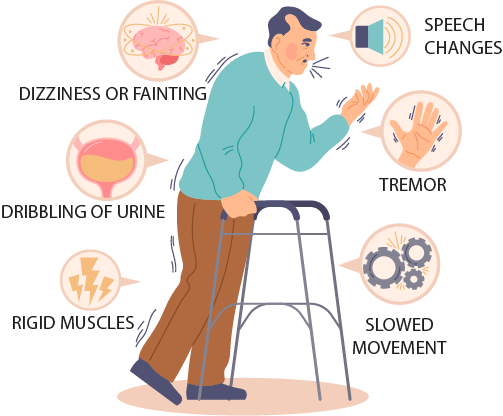
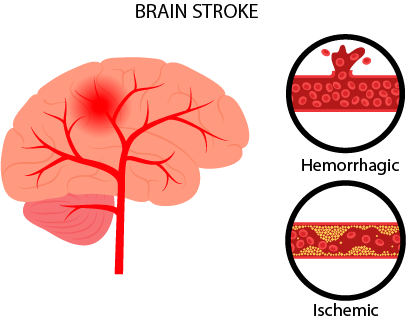
STROKE
STROKE is a sudden disruption in brain function caused by either a blocked blood supply (ischemic) or bleeding in the brain (hemorrhagic). Common stroke symptoms include sudden numbness or weakness, often on one side of the body, confusion, trouble speaking or understanding speech, vision problems, dizziness, and loss of balance. Ischemic strokes, the most frequent type, can be treated with tPA, a drug that dissolves clots obstructing blood flow to the brain. Since tPA is effective only within 4.5 hours of stroke onset, quick hospital treatment is crucial for a better outcome. Indore’s neurology services offer advanced stroke care, ensuring timely treatment for optimal recovery.
EPILEPSY
Epilepsy is a common neurological disorder characterised by recurrent epileptic seizures (mostly sudden jerking, tingling or loss of consciousness) caused by abnormal or excessive electrical discharges from brain cells. Epilepsy can be diagnosed well by a neurologist with the help of MRI brain and VEEG. About 75% of epilepsy can be controlled with medication only but some refractory cases may require surgical intervention.
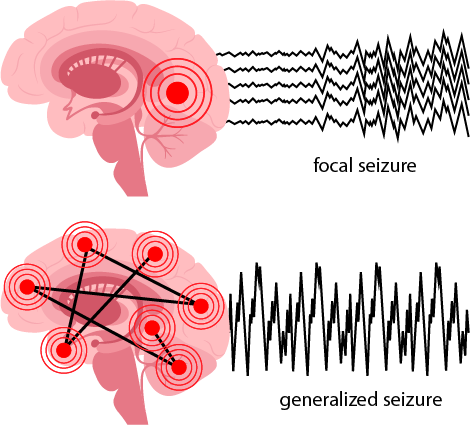
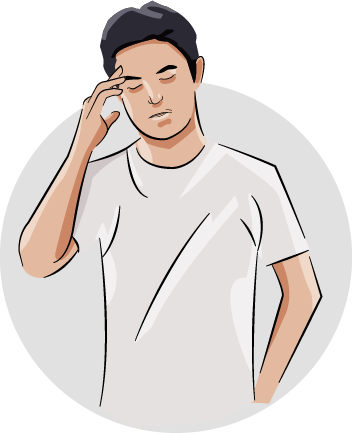
VERTIGO
Vertigo is a sensation of spinning or motion, often leading to a chronic or intermittent loss of balance. It occurs due to issues within the body’s balancing system, which involves the inner ear, brain, or their interconnections. Proper diagnosis of the underlying cause is crucial for effective treatment. While antivertigo medications provide short-term relief, long-term management typically includes vestibular exercises to restore balance and reduce symptoms. Our neurology services in Indore specialize in diagnosing and treating vertigo and other neurological conditions, ensuring comprehensive care for long-lasting relief.
MIGRAINE
Migraine is one of a most common type of headache disorders, characterized by constant throbbing pain at the temples and forehead, on one or both sides of the head. The pain is usually accompanied by a combination of nausea, vomiting, and sensitivity to light and noise. Some people (about 15% of migraine sufferers) experience an aura (visual disturbances) before an attack. There are very specific medications used to relieve headache and prevent headache in migraine.

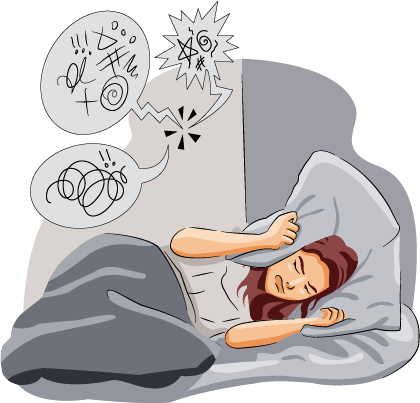
SLEEP DISORDER
Sleep disorders, a growing concern globally, affect the ability to sleep well regularly. Whether triggered by health conditions or stress, these disorders are increasingly common. In the United States alone, over 75 percent of adults aged 20 to 59 report frequent sleep difficulties. While many people face occasional sleep issues due to stress or busy schedules, persistent problems that disrupt daily life may signal an underlying sleep disorder.
With advanced neurology services in Indore, individuals can access expert care to diagnose and manage sleep disorders and other neurological conditions for better health and well-being.
